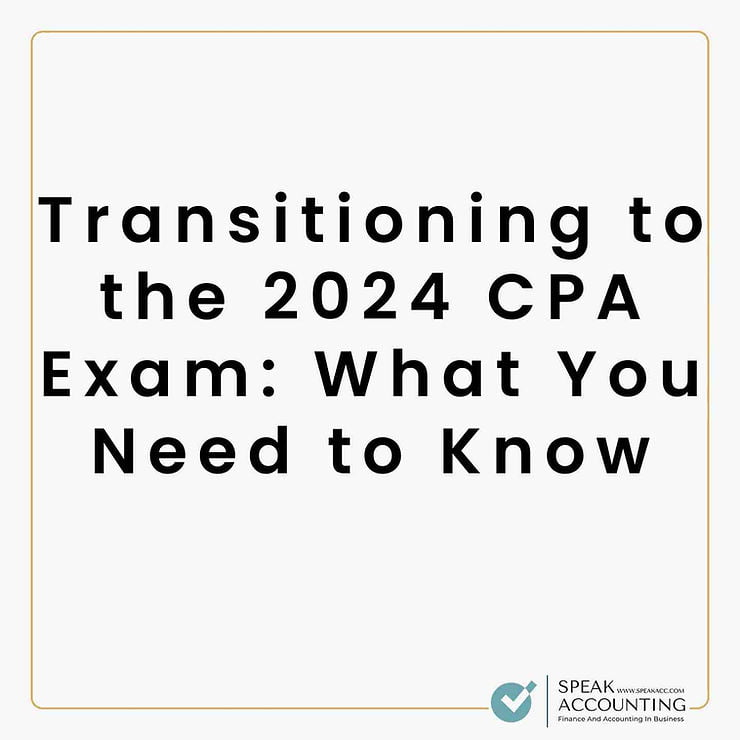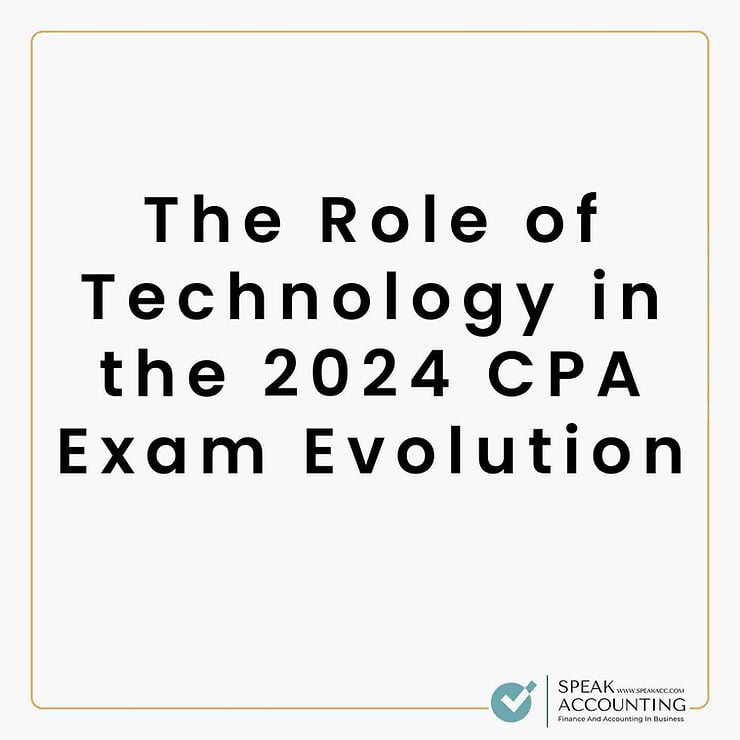Introduction
Preparing for the Certified Public Accountant (CPA) exam is a pivotal journey that can greatly influence your career trajectory. This rigorous examination demands dedication, thorough preparation, and a strategic approach. In this comprehensive guide, we’ll delve into the vital aspects of conquering the CPA exam and crafting your path to success.
Understanding the CPA Exam Structure
Before embarking on your CPA exam journey, it’s essential to understand its structure. The exam comprises four sections:
- Auditing and Attestation (AUD): This section evaluates your knowledge of auditing procedures, ethics, and attestation engagements.
- Business Environment and Concepts (BEC): BEC assesses your grasp of business concepts, corporate governance, and economic concepts.
- Financial Accounting and Reporting (FAR): FAR tests your understanding of financial accounting and reporting, including accounting standards, transactions, and governmental entities.
- Regulation (REG): REG examines your knowledge of federal taxation, ethics, and business law.
Assessing Your Eligibility
Before diving into the exam preparation, ensure you meet the eligibility criteria. To sit for the CPA exam, you generally need a bachelor’s degree or its equivalent with specific accounting and business coursework. It’s crucial to review your state’s specific requirements, as they can vary.
Creating a Study Plan
A well-structured study plan is your compass through the CPA exam’s challenging terrain. It not only organizes your study materials but also optimizes your time and resources. Tailoring your plan to your strengths and weaknesses is key. Begin by assessing your current knowledge, setting clear goals, and allocating study hours accordingly.
Selecting Study Materials
The market offers a plethora of study materials, from textbooks to online courses and review programs. Choosing the right materials is akin to selecting the best tools for the job. Consider your learning style, budget, and available resources when making your selection. Keep in mind that high-quality study materials can make a significant difference in your preparation.
Tips for Effective Study
Studying for the CPA exam demands more than just reading textbooks. It requires a strategic approach:
- Time Management: Allocate study hours for each section and stick to a schedule.
- Focus and Concentration: Create a distraction-free environment to maximize your learning.
- Stress Management: Implement stress-relief techniques to maintain composure during the exam.
Balancing Work and Study
Balancing a full-time job or other commitments with CPA exam preparation is a common challenge. Effective time management is your ally here. Prioritize your tasks, set realistic goals, and communicate your study schedule with your employer or family to garner support.
Practice, Practice, Practice
Practice is the linchpin of CPA exam readiness. Engage in practice exams and questions to familiarize yourself with the exam format and types of questions. Numerous resources, including online platforms and review courses, offer ample practice materials. Regular practice enhances your confidence and problem-solving skills.
Joining Study Groups and Forums
Don’t underestimate the power of collaboration. Join or form study groups and engage in online forums or communities dedicated to CPA exam preparation. Sharing knowledge and experiences can provide fresh insights and motivation during your journey.
Taking Care of Your Health
Maintaining physical and mental well-being is crucial during the intense study period. Incorporate exercise, proper nutrition, and relaxation techniques into your routine. Adequate sleep is non-negotiable. A healthy body and mind enhance your cognitive abilities and resilience.
Mock Exam Simulations
To simulate the real test day experience, take full-length mock exams. These simulations help you gauge your readiness and refine your time management skills. Many review courses offer mock exams, or you can find them through online resources.
Test-Taking Strategies
On exam day, employ effective test-taking strategies:
- Time Allocation: Divide your time wisely among the multiple-choice questions and task-based simulations.
- Question Order: Start with the section you feel most confident in to build momentum.
- Process of Elimination: Use this technique to narrow down answer choices in multiple-choice questions.
Final Review
In the days leading up to the exam, conduct a comprehensive final review. Focus on key concepts, formulas, and any weak areas. Organize your study materials and create a structured review schedule. A thorough final review ensures you enter the exam room fully prepared.
Conclusion
In summary, success in the CPA exam hinges on meticulous preparation and a well-structured approach. Understanding the exam’s structure, meeting eligibility requirements, crafting a personalized study plan, and selecting the right study materials are the initial steps. Embrace effective study strategies, maintain a work-study-life balance, and prioritize your health. Engage in practice and seek support from study groups and forums. Implement sound test-taking strategies and finish strong with a thorough final review. With dedication and persistence, you can navigate the CPA exam landscape and emerge victorious, opening doors to a prosperous career in accounting.




